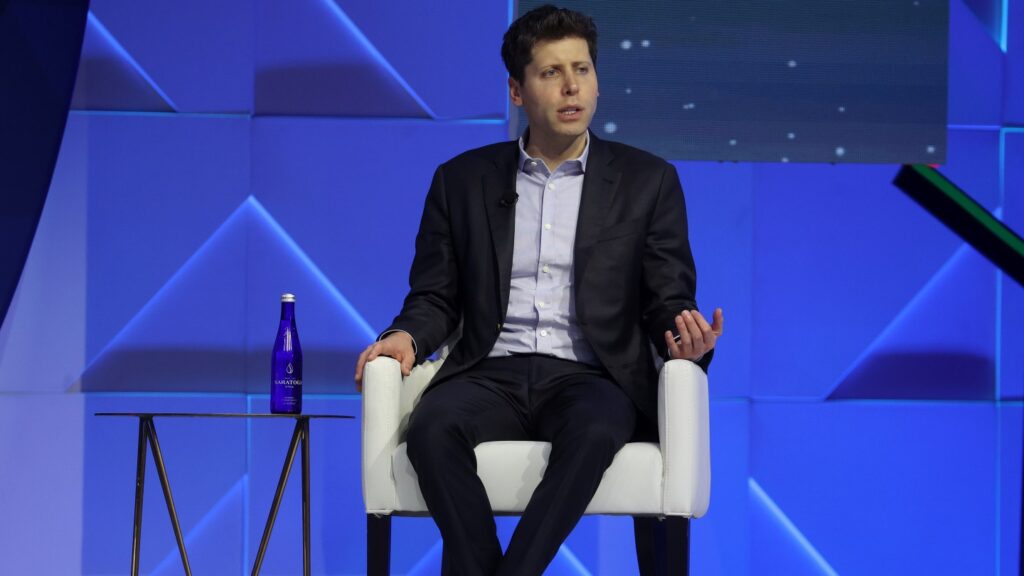Sam Altman, head of OpenAI, said the rise of artificial intelligence will require a fundamental rethinking of the creative economy, with traditional reward models for news, film, TV and other content collapsing in the face of new technology. states that there is a high possibility that
Altman was interviewed by Andrew Ross Sorkin at the New York Times Dealbook Summit and discussed many topics including his relationship with Elon Musk, the possibility of turning OpenAI into a commercial enterprise, and the rise of artificial general intelligence. I was asked a lot of questions about the topic.
But Sorkin also noted that the Times is suing OpenAI and its partner Microsoft on copyright grounds, alleging that OpenAI illegally trained on Times content.
“I think we need new contracts, standards, protocols, whatever you want to call it, when it comes to how creators are compensated,” Altman said. “We need a new economic model that gives creators a source of income.”
One example he gave was a system that would reward Sorkin if someone wanted to use an AI system to create Sorkin’s style or something similar.
He acknowledged that copyright and fair use are important, but said a “right to learn approach is needed” that would allow content to be sued for AI training without necessarily infringing copyright. He also said that OpenAI is thinking about this.
“I think the New York Times is on the wrong side of history in many ways,” Altman told Sorkin, but it should be noted that the law is still very much in limbo.
OpenAI is also being sued by Musk, the nonprofit’s co-founder and early major funder.
“I have mixed feelings about him right now, but I’m glad he’s still around,” Altman said, drawing laughs from the A-list crowd at Jazz at Lincoln Center.
When Sorkin asked about Musk’s new role as DOGE director in the incoming Trump administration, Altman fired back.
“Using political power like Elon does to harm a competitor is deeply un-American,” he said. “I don’t think people would tolerate that. I don’t think Elon would do that.”
Altman also acknowledged that OpenAI has been talking about converting from a nonprofit to a for-profit entity, but that would be complex, with multiple structures being considered and that could take years. .



